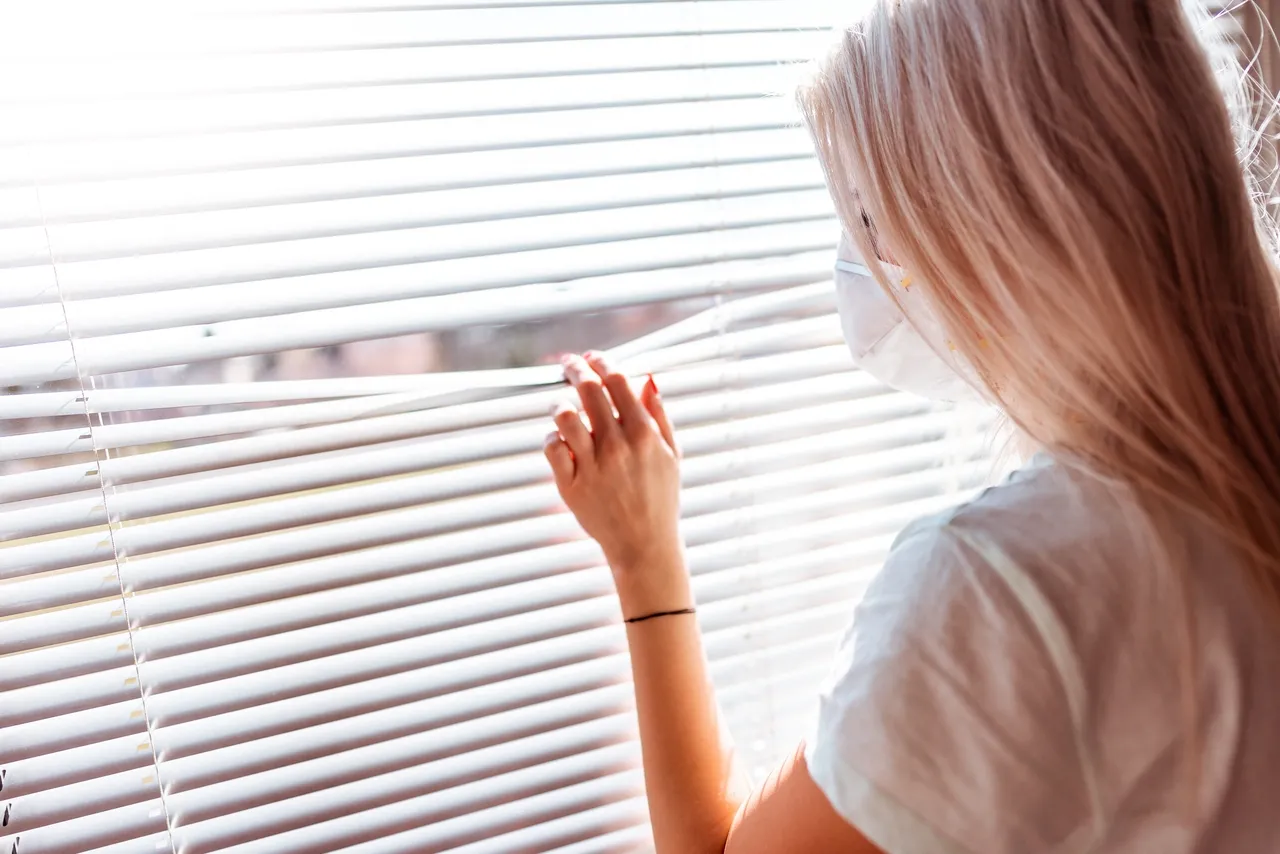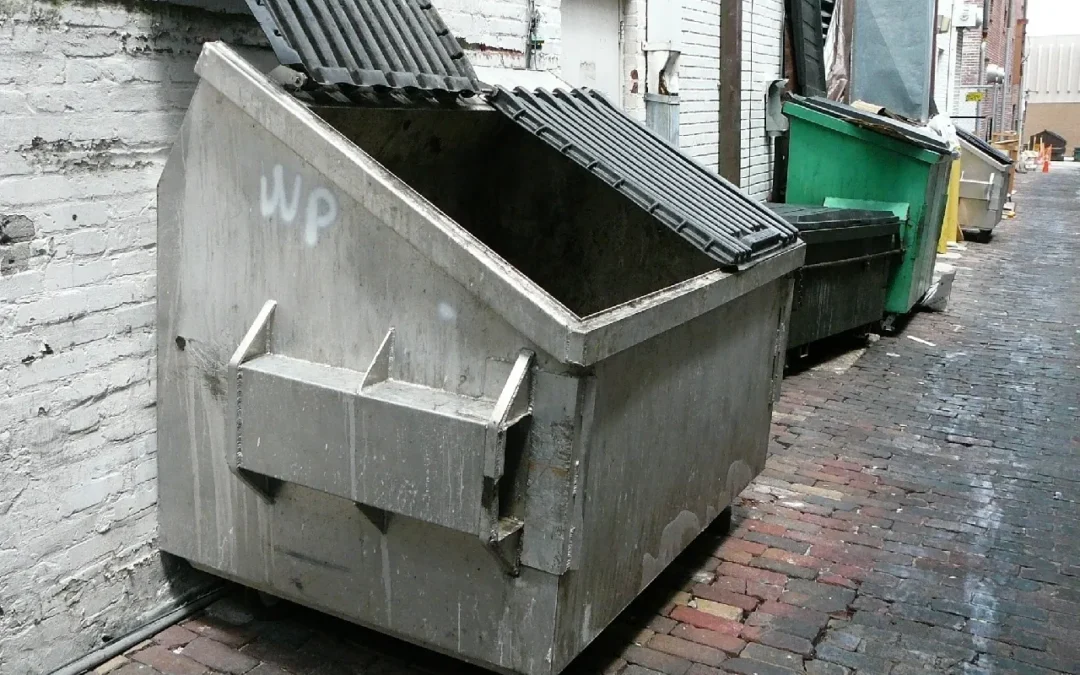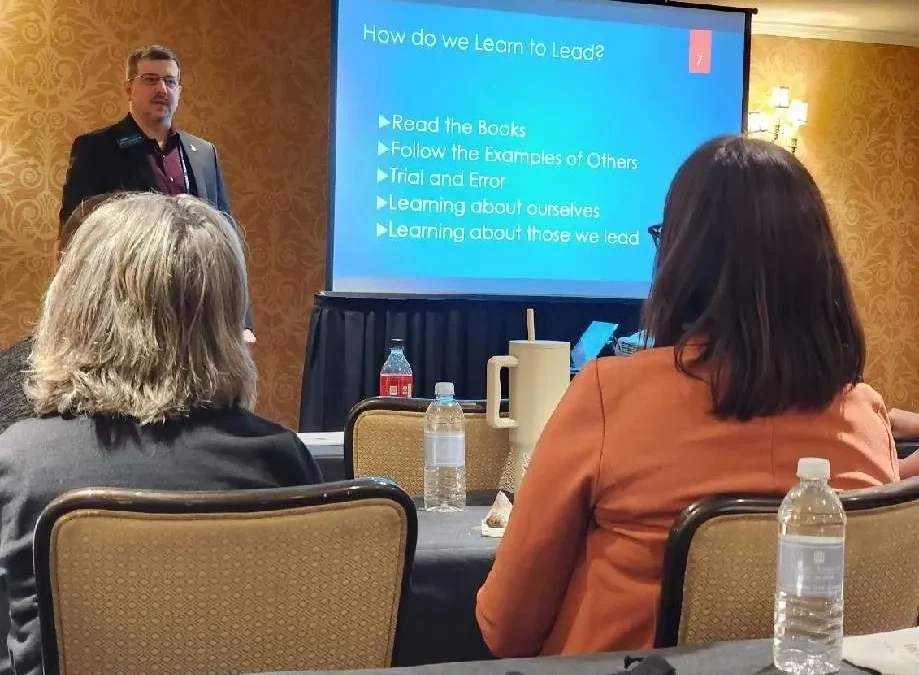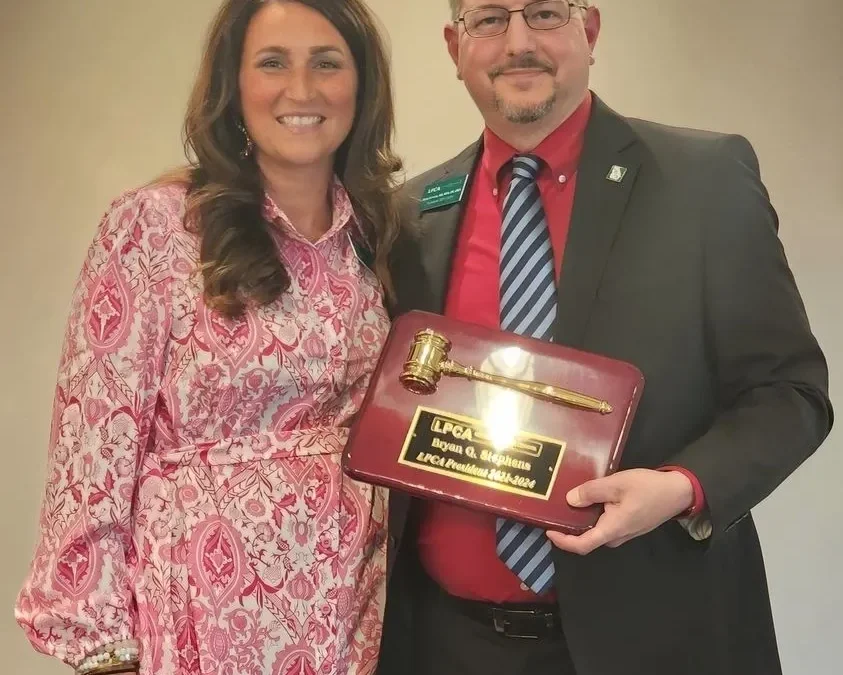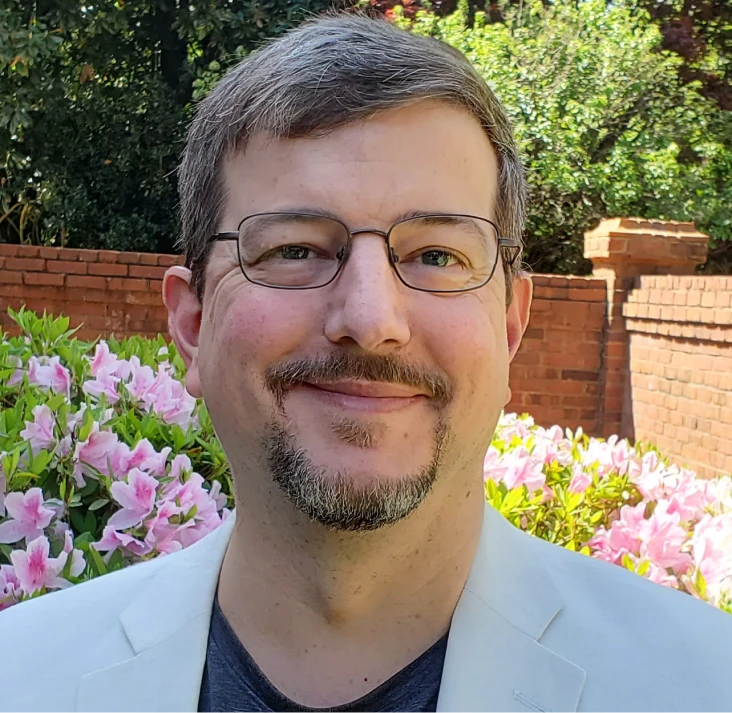This is a bit of a diversion from lessons on leadership, drawing from my therapist side.
The pandemic and the lockdown response has created significant challenges across the board. We have seen an increase in suicide (Le, Khan, Murtaza, and Shah https://doi.org/10.3928/00485713-20201105-01) as anxiety, depression and other forms of mental anguish have increased.
In August of 2020, the Centers for Disease Control and Prevention (CDC) published a survey showing alarming findings on mental illness and substance abuse. Comparing the second quarter of 2019 to the second quarter of 2020, there was a jump from 8.1% to 25.5% in individuals reporting anxiety disorder. Depression jumped almost fourfold, from 6.5% to 24.3%, and substance abuse showed an increase of 13.3%.
The mental health of a large number of Americans is in a high-risk state.
Science has shown that extended social isolation can be deadly. Many are now living through a prolonged period of isolation, one with no clear end. I am not seeing anxiety decrease around the vaccine, as the unknowns surrounding it continue to linger. The people still going to work in healthcare and retail do not have the same sense of security as they would have in isolation. We have a situation where many people feel they cannot let down their guard, even at home, staying on high alert all the time.
It is critical for treatment to be ongoing and available for those in need of care. Treatment centers have struggled to manage in the wake of lockdowns and social distancing. 12 Step meetings, a cornerstone of the recovery community, have gone virtual in many areas or have been halted. Working in treatment, I have seen relapse increase, and in formally stable individuals. The deaths from COVID are not the only part of the crisis; there are also many thousands of deaths from mental illness and substance abuse.
If you or a loved one is struggling, I encourage you to reach out for help. Mental health professionals are still working. Many are seeing clients face-to -ace; almost all have some sort of remote programs using telehealth. If you know someone especially isolated, reach out to him or her. You may be the lifeline that is needed.
For help, here are places that can get someone to help:
National Suicide Prevention Lifeline: 800-273-8255
SAMHSA’s National Helpline: 800-662-HELP (4357)
SAMHSA’s National Helpline is a free, confidential, 24/7, 365-day-a-year treatment referral and information service (in English and Spanish) for individuals and families facing mental and/or substance use disorders.


